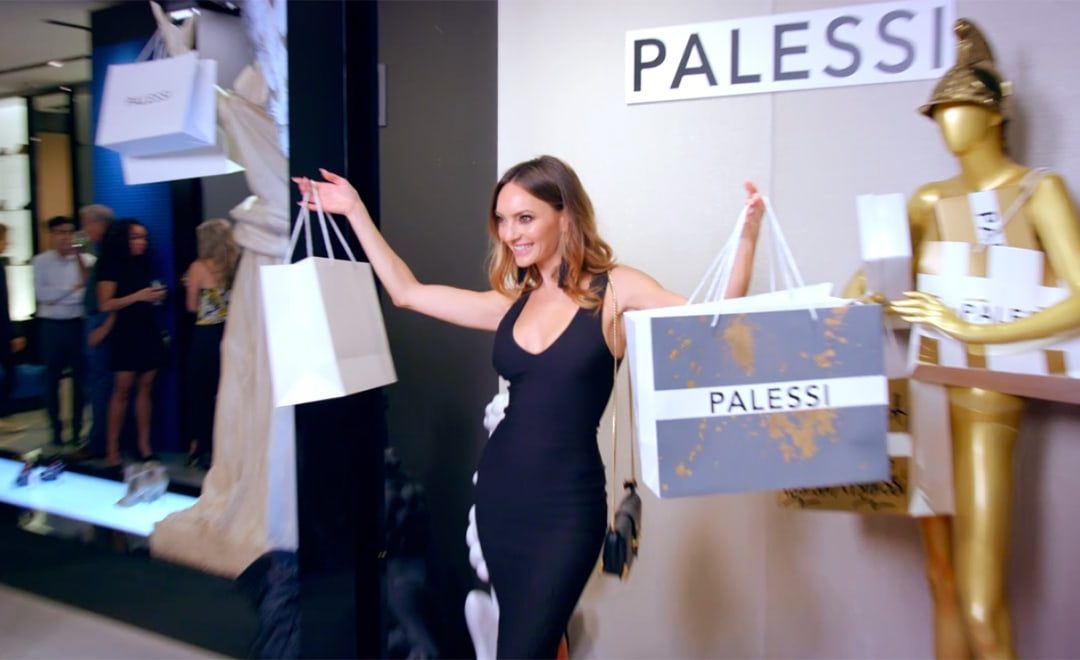Payless, who is well known for cheap and cheerful shoes, recently opened a fake luxury footwear pop- up store called ‘Palessi’ in a Los Angeles mall. The glamorous invite only grand opening attracted Hollywood’s well-heeled fashion set and social media influencers. Being none the wiser, the influencers were asked their opinions on their “designer wares” and then proceeded to drop up to $600 on heels that normally fetch $40. Although ‘Palessi’ rang up the purchases, they didn’t keep the money. Instead, the influencers got their cash back, along with free shoes and a stipend for attending.
Payless CMO Sarah Couch says “The campaign plays off of the enormous discrepancy and aims to remind consumers we are still a relevant place to shop for affordable fashion,” this is also at a time where they cite retailers are feeling more heat than ever from giant ecommerce sites.
The TMS Take
You could call this this stunt a clever piece of branding or an eccentric social experiment. With Influencer marketing having reached its peak and now in decline according to WARC, what this stunt really highlights is that :
- Perception of quality combined with surprise and delight clearly pays off.
- Whilst there has been influencer backlash globally and locally this year; depicting Influencers as consumers and showing them drinking the kool-aid puts them in a different light, potentially making them more relatable (or not).
- On the flipside given the increasing difficulty to gain mainstream attention, whether right or wrong, negativity fuels earned media. Fake fashion store, prank, and fooling influencers were some of the headlines that helped the Palessi story go viral.
Ultimately finding new and unique ways to create relevance at scale, whilst striking the right tone and adds value, is what will attract new customers to your brand.
Watch the video here.
Monia Montefusco
